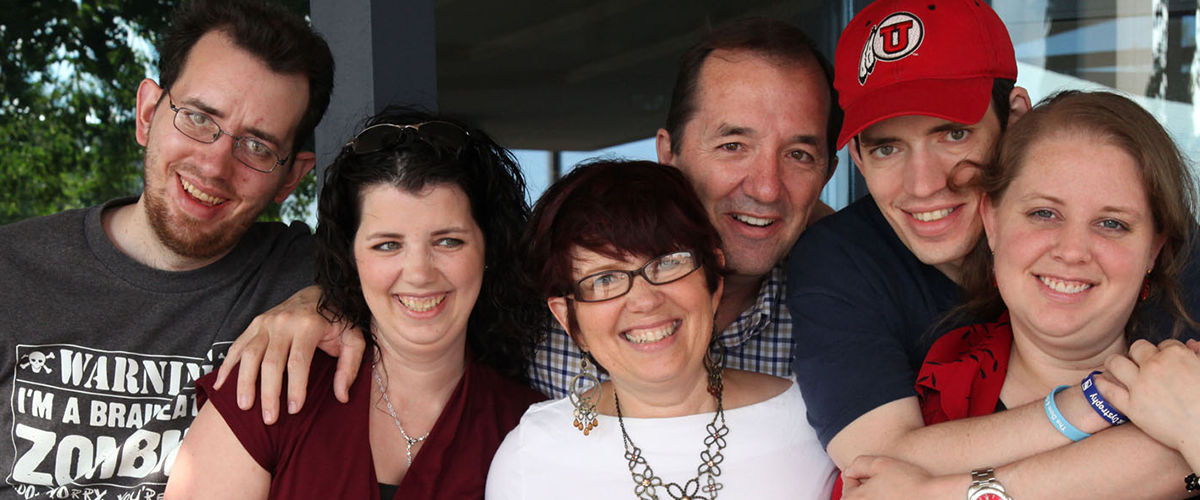
Dylan Farnsworth, PhD
Senior Research Scientist
The RNA Institute, University of Albany, New York, US
Dr. Dylan Farnsworth, PhD began his research career with a focus on myotonic dystrophy (DM), when he worked with Dr. Andy Berglund, PhD at the University of Oregon in the United States as a technician investigating DM disease mechanisms. At the University of Oregon, Dr. Farnsworth was part of the team that developed a drug-inducible, tunable protein expression system for studying dose effects of MBNL1 protein on pre-mRNA splicing in human tissue culture. This effort led to insights into DM pathology, biomarkers for clinical trials, and enhanced the ability to design small molecules that disrupt interactions between MBNL protein and toxic CUG-repeat RNA.
During Dr. Farnsworth’s PhD studies, he had the opportunity to conduct research in the lab of Dr. Chris Doe, PhD at the University of Oregon. There Dr. Farnsworth used Drosophila to investigate how neural stem cells change competence to respond to Notch signaling (a highly conserved cell-signaling pathway) as they age. During his subsequent post-doctoral training with Dr. Adam Miller, PhD at the University of Oregon, Dr. Farnsworth gained expertise with scRNA-seq that led to seven recent publications, including two on which he is first author. These collaborative endeavors allowed him to leverage scRNA-seq analysis to provide insight into a variety of cell-types and organs in developing zebrafish. Dr. Farnsworth believes that these experiences has helped him “forge a long-term commitment to DM research”.
Recently, Dr. Farnsworth has become a Senior Research Scientist at the State University of New York at Albany’s RNA Institute in the United States, where he is building an independent research group that will leverage existing zebrafish models of DM to better understand patterns of gene expression in DM and ultimately inform the design of DM therapeutics. He now seeks to focus his strong post-doctoral record in high-resolution, systems-level transcriptomics on myotonic dystrophy. His current project, “Connecting cell-type specific gene-expression patterns in DM-model zebrafish to sleep and circadian disruptions and enhanced therapeutic development”, focuses on understanding which cells express the genes that lead to DM, and how the expression of all genes required by these cells is affected in DM using zebrafish, a vertebrate model organism where they have recreated the genetic mutations that cause DM in humans. This will enable Dr. Farnworth and his team to link DM-causing genes with cell-types, and cell-types with symptoms. They will then use this knowledge to test drugs on zebrafish that can rescue these cell-type specific gene expression patterns and alleviate DM symptoms. Specifically, zebrafish with DM-associated mutations have defects in gastrointestinal (GI) function and regulation of circadian genes that mirror the digestive symptoms and sleep disruption reported by DM patients. Since drug-testing in zebrafish is very rapid and accessible, they will be able to test currently available drugs for their ability to alleviate these, and other, DM symptoms.
Click here to read more about previous MDF Research Grant Recipients.
Published on April 14th, 2023.

